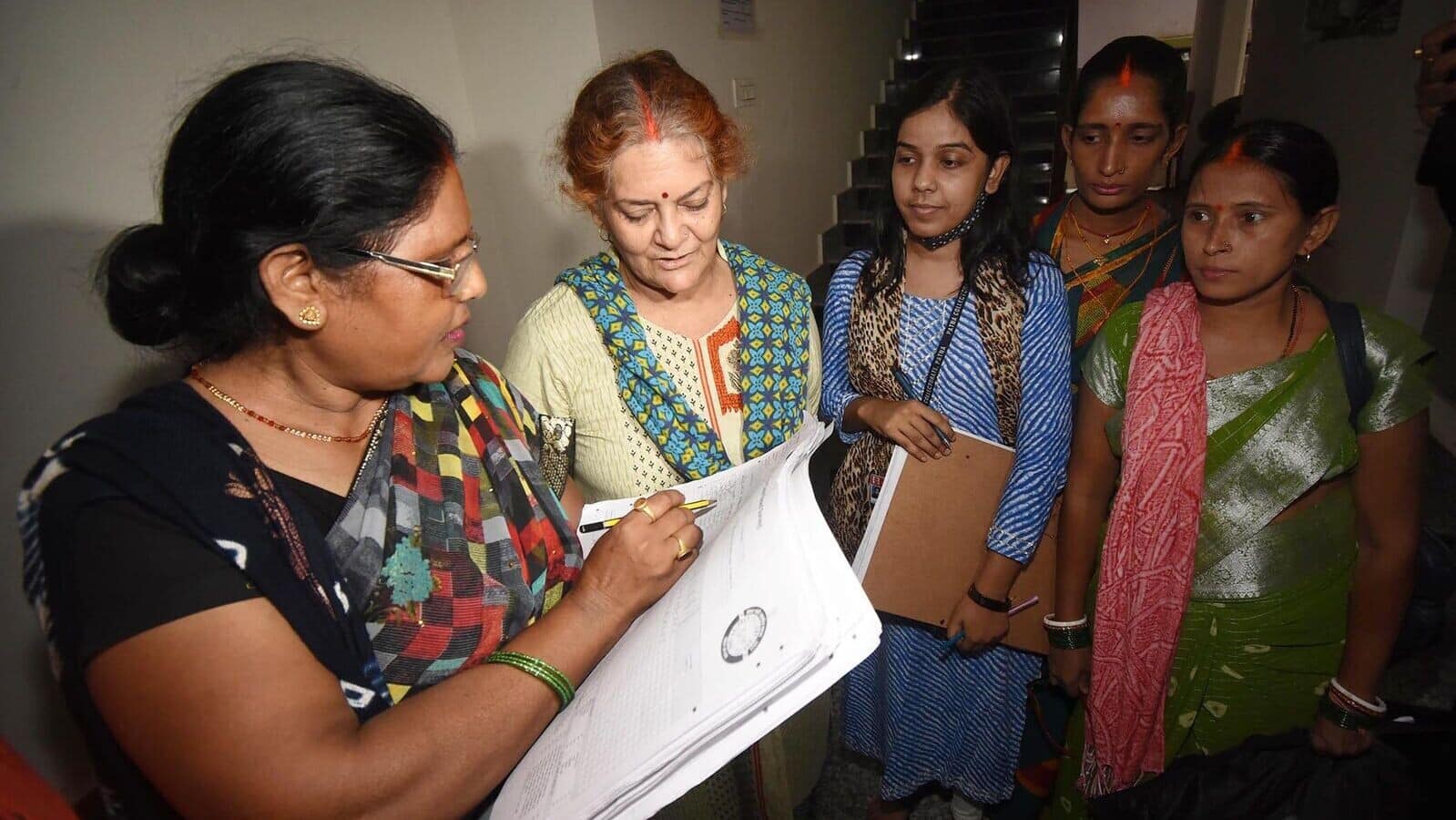
'Very soon': Amit Shah on announcement of census
What's the story
Home Minister Amit Shah has announced that the government will "very soon" reveal plans for the delayed national census, initially set for April 2020.
The upcoming census will be digital, allowing citizens to self-enumerate and collect data on various household aspects.
This announcement was made during a press conference marking the first 100 days of Prime Minister Narendra Modi's third tenure.
Political implications
Census delay and political demands for caste data
India has conducted a census every 10 years since 1881, with the first phase of this decade's census initially scheduled to begin on April 1, 2020. However, it was postponed due to the COVID-19 pandemic.
Shah's announcement comes amid increasing demands from political parties for a caste census.
In the absence of updated data, government agencies continue to formulate policies and allocate subsidies based on the 2011 census data.
Digital transition
First digital census: Cost and process
The house listing phase of the census and the exercise to update the National Population Register (NPR) were initially planned from April 1 to September 30, 2020.
The entire census and NPR exercise is expected to cost over ₹12,000 crore.
This will be India's first digital census, providing citizens with a self-enumeration portal that is yet to be launched.
Data collection
Self-enumeration and data collection in the digital census
For self-enumeration, citizens will need to provide either their Aadhaar or mobile number.
The Office of the Registrar General and Census Commissioner has prepared 31 questions covering various household aspects.
These include questions about telephone and internet connectivity, vehicle ownership, dietary habits, water and lighting sources, sanitation facilities, housing conditions, household demographics including gender and caste of the household head.
Policy impact
Political implications of the census
The upcoming census will be the first since PM Modi assumed office in 2014. No decision has been made yet on including a column for caste data, despite demands from opposition parties.
The Women's Reservation Act, enacted last year, is also linked to this census. This law reserves one-third of seats for women in the Lok Sabha and state assemblies and will take effect after delimitation based on the first census recorded post-Act enactment.